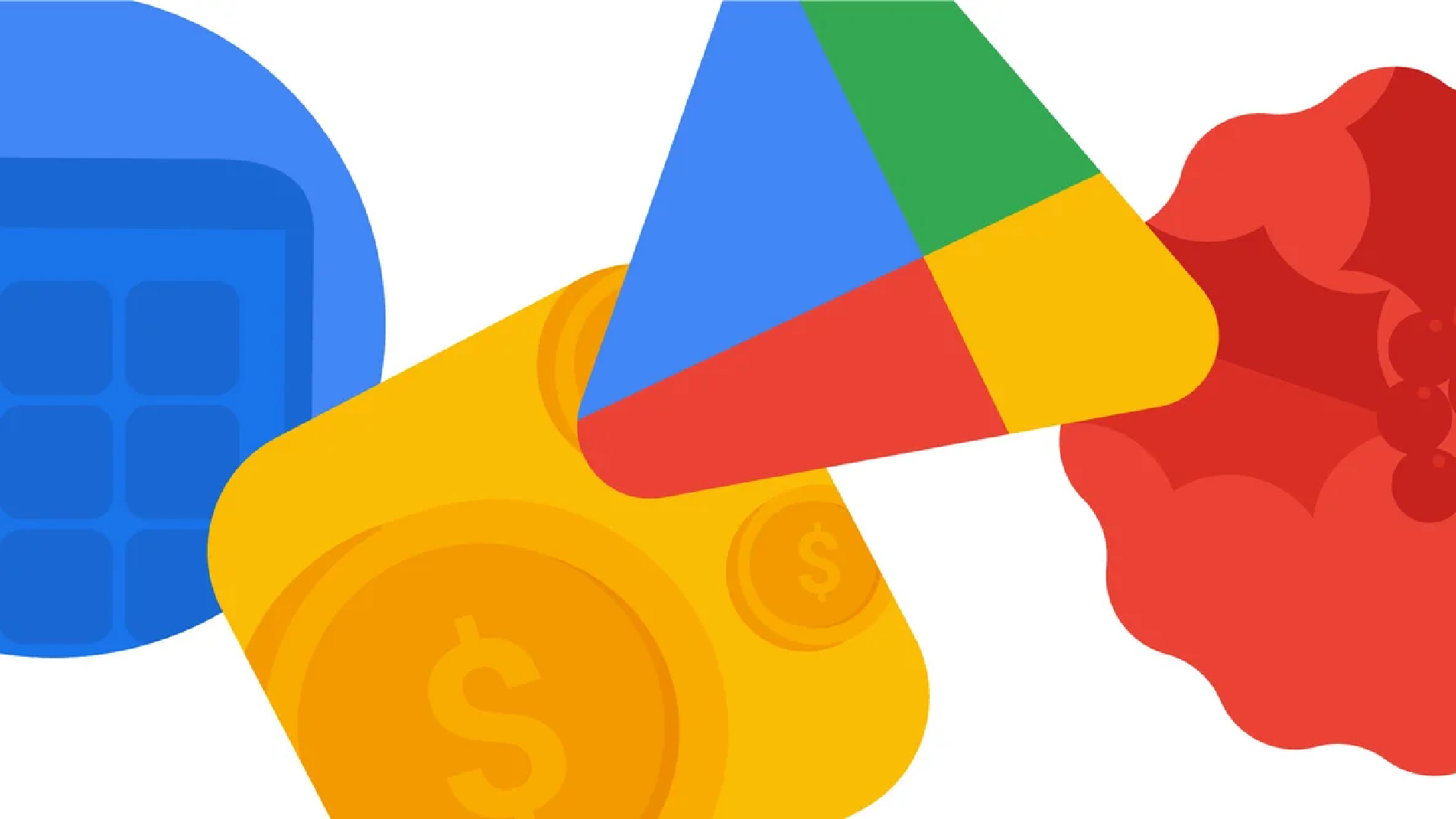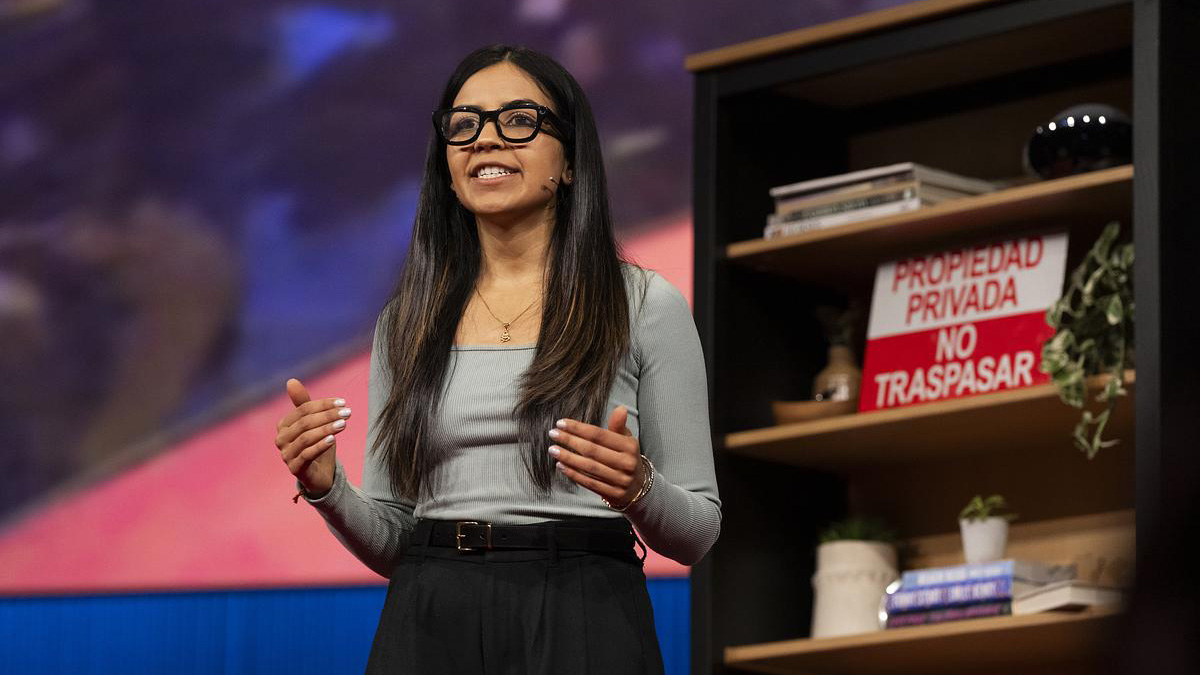Some Indian brands are in dispute with Google over paying Play Store fee
Apps were removed for non-compliance with payment policy.

What you need to know
- Google delisted 10 Indian app developers after non-compliance with its payment policy.
- Most of those apps have subsequently been relisted after developers began complying with a consumption-only model.
- The Indian government is set to get involved in the dispute.
A dispute between Google and some app developers in India has led to the delisting of some apps, according to reports from the country. At the time of writing, many (though not all) of those apps have been reinstated after complying with Google’s payment policy.
According to a report in the Hindustan Times, 10 Indian app developers were affected by Google’s decision to delist their apps last Friday. As of Monday, nine of those app developers were said to have amended their apps to conform to Google’s rules. And as a result, some of their apps have been relisted on the Google Play Store.
On March 1, companies that Google says had avoided paying fees were delisted. The Times of India says that while Google didn’t name specific firms, prominent apps such as Matrimony.com, Bharat Matrimony, and audio platform Kuku FM were all missing from the Play Store. In total, the ten companies affected by Google’s decision represent more than 200 apps on the Play Store.
The dispute has led to the involvement of the Indian government, with IT Minister Ashwini Vaishnaw asking to meet the parties in dispute to discuss the situation. Vaishnaw is quoted in the Economic Times as saying, “I have already called Google...I have already called the app developers who have been delisted, we will be meeting them next week…This kind of delisting cannot be permitted.”

The disagreement centers on how Google’s billing system operates. Previously, Google deployed its billing system which took a commission of between 15-30% on in-app purchases. But in 2022, the Competition Commission of India insisted that Google make more payment options available to app makers. As a result, Google introduced a system known as user-choice billing, while still taking a cut of between 11-26% of purchases.
Finally, Google also offers a “consumption-only” mode, which removes any in-app purchase methods, and instead directs users to the company’s website if they wish to make a purchase. It is believed to be this mode that app developers have deployed, allowing them to be relisted on the Play Store.
In a blog post, Google stated that: “for an extended period of time, 10 companies, including many well-established ones, have chosen not to pay for the immense value they receive on Google Play...allowing this small group of developers to get differential treatment from the vast majority of developers who are paying their fair share creates an uneven playing field across the ecosystem and puts all other apps and games at a competitive disadvantage.”
Be an expert in 5 minutes
Get the latest news from Android Central, your trusted companion in the world of Android
A hearing is set to take place on March 19 in India’s Supreme Court to decide whether or not Google’s behavior concerning its payments policy is an abuse of its dominant position in the market. According to Minister of State for Electronics and IT Rajeev Chandrasekhar (as per the Economic Times), the removal of those apps “impacts the government’s goal of keeping the internet open and making sure consumer choices are not distorted and there is no market power abuse.” It won’t be long until we find out whether the Supreme Court in India agrees with this or not.

Steven Shaw is a full-time freelancer, but before he changed his career at the start of 2021, he was in the retail industry, leading teams to achieve goals in selling technology products, such as smartphones, tablets, and more. Graduating from the University of Cambridge with a Masters in Medieval History, he's always had a passion for the topic, alongside technology and many Simpsons quotes.
You must confirm your public display name before commenting
Please logout and then login again, you will then be prompted to enter your display name.
